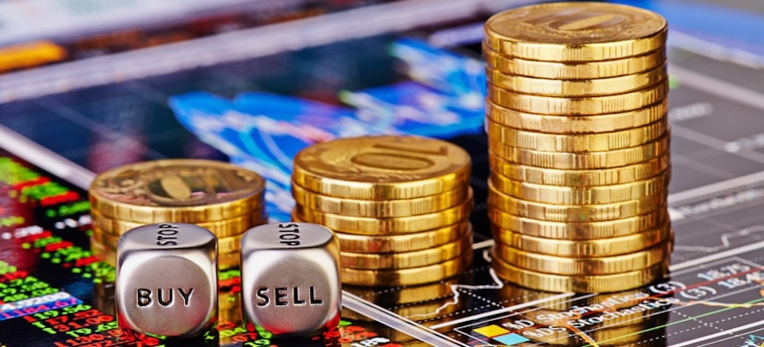Trading forex can be made easy with these simple tips and tricks that all investors can handle

Forex trading is like any other form of investing. There are both simple and complex components that ultimately are easy to learn and difficult to master.
Retail forex traders can be part-time or beginners or professionals. This isn't much different from any other asset class, as forex has some of the lowest barriers of entry.
Forex trading does present sizable risk when investing and as such traders should be informed and recognize some basic traps or pitfalls that exist before diving in.
Getting Started
There are several basic attributes of forex trading. To start, it is important for traders to learn what currency pairs exist or are on offer at brokers.
For most, trading major currency pairs such as the EURUSD, USDJPY, and GBPUSD are the norm. However, there is a wide basket of currency crosses on offer at most brokers, including exotic currency pairs and others.
Familiarizing yourself with what you want to trade is the first step. Do your homework and research on what pair you want to trade, including what moves it and its basic behaviors.
Each pair has its own unique set of challenges that should be recognized and studied before investing actual money.
Additionally, nearly all forex is traded through one of two software programs, MetaTrader 4 (MT4) and MetaTrader 5 (MT5).
MT4 has been widely adopted as the go-to platform for forex traders given its ease of use and versatility. Having been curated specifically for forex, MT4 quickly became a household name with its customizable trading interface.
By extension, MT5 was been designed to provide traders with access to more diversified asset classes, such as contracts-for-difference (CFDs), stocks and futures.
Each platform is totally suitable for forex trading and are offered as demo accounts through brokers or as standalone apps.
Learning your way around the app and interface is the quickest way to have success as a forex trader. This includes trading money in a demo, to understand how currency pairs move.
With forex, all pairs are traded with leverage, which differs from broker to broker. It is crucial to understand how leverage trading works, which can be seen even in a demo account.
Choosing a Broker
Once you understand how exactly forex trading takes place it is time to find a retail brokerage to actually execute your trades. There is no shortage of brokers that exist, with several in each major jurisdiction.
Depending on where you live, there will be different options available, given regulatory controls in place. It is best to check out broker reviews and only opt for regulated brokers.
This can be checked on any regulator registrar, or by looking on the broker's site to check for regulatory status.
Never traded with an unregulated brokerage as this opens you up for sizable risk and potential problems, should any arise.
The best forex brokers provide a wide range of resources for free to help you learn forex trading. This includes comprehensive education portals, webinars, and video tutorials about how to get started and understand the nuisances of trading.
Taking advantage of these tools, guides, and resources is the best way to learn how to trade forex.
Understanding Forex Strategy
Forex trading strategies vary tremendously. Beginner traders don't need to rely on advanced backtesting models.
There exist plenty of different strategies including fundamental and technical analysis. Copy trading strategies are also quite popular now, and depending on your trade style, goals, and preferences, there is something for everyone.
Never be afraid to try new strategies, especially when using a demo account. That is the fundamental purpose of using such resources and the more you test out strategies, the better you will be able to execute them when trading with live accounts.
Finally, its best to set realistic goals and create a plan for doing your own analysis and tracking progress.
Avoid lofty goals or focusing on earning too much too quickly. Sticking to small trade sizes or learning the techniques lead to the most sustained levels of success.
Learning from your
mistakes and your successes is key, as each can be valuable learning
opportunities for newer forex traders.




